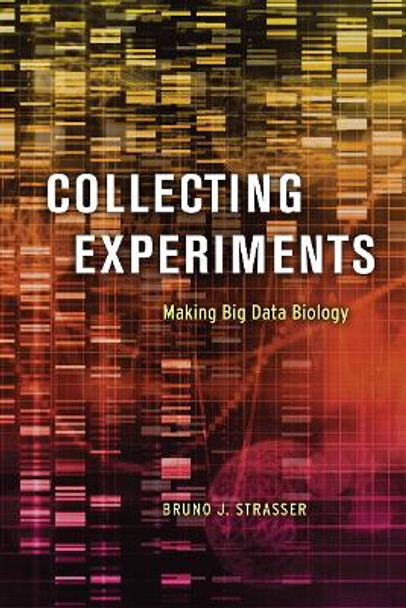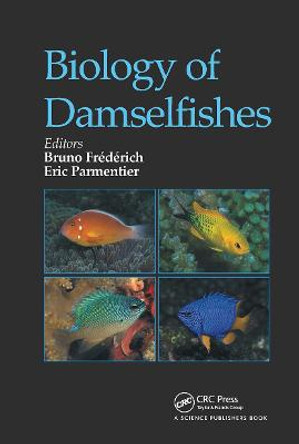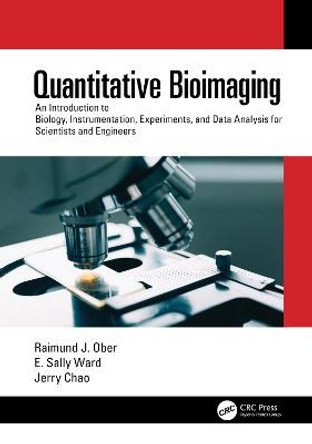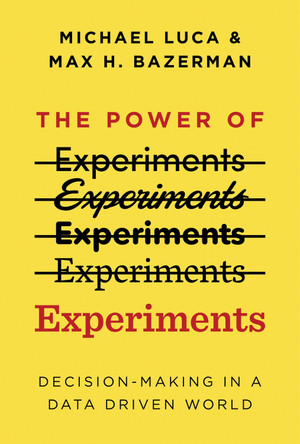Description
About the Author
Bruno J. Strasser is professor at the University of Geneva and adjunct professor at Yale University.
Reviews
"You might think that museums are for collecting and laboratories for experimenting. Bruno J. Strasser tracks the creation of a hybrid culture--a 'way of knowing' that was comparative and experimental at the same time. Molecular biologists used the protein sequences of very various species to crack the genetic code. From bacteria to blood and protein to DNA, this engaging book restores collecting to the experimentalist tradition and gives 'big data' biology the history it needs."--Nick Hopwood, author of Haeckel's Embryos: Images, Evolution, and Fraud "Amidst all the hype surrounding Big Data and the life sciences, Bruno J. Strasser uncovers the deep continuities of collecting and comparing that link the latest data banks to venerable natural history museums. This bold book rethinks the relationship between field, laboratory, and archive, with important implications for the ethos of open publication in science."--Lorraine Daston, Max Planck Institute for the History of Science "The long-contested line between experimental life sciences and those that collect, compare, and classify is once more unsettled. It is now accepted that comparative sciences are open to experiment and always have been. And Bruno J. Strasser now argues that the celebrated achievements of experimental biology have similarly depended on practices of collecting and curating. And not just in our own new world of digital databases, but historically: from when experimenters first thought to make collecting forever obsolete. Strasser supports his bold revision with case studies of a broad range of sciences, from taxonomy to serology, experimental and then molecular biology, and bio-informatics. In its historical depth and breadth this is a benchmark book; and for all who want to know how life sciences really work, it's a must read."--Robert E. Kohler, University of Pennsylvania "A masterful, groundbreaking work: Strasser explores collecting activities in multiple branches of biology and medicine across several centuries, covering the territory from natural historical specimens to blood and proteins, and on to DNA sequences and contemporary big-data biology. His book assesses issues of lasting salience, including control of the collections, access to specimens and data, modes of publication, and assignment of authorship and credit. Strasser contends that big-data biology is not a sharp departure from the past but a hybrid, a joining of the experimentalist-reductionist inquiries into model organisms with the practices of collectors who classified and characterized their specimens and compared them with others. Strasser's research is wide and deep, his prose lucidly informative, and his analysis subtle, discerning, and persuasive." --Daniel J. Kevles, Yale University "Collecting Experiments is an exciting and welcome addition to the historiography of the long-standing debates about the changing roles of experimentation and description in the life sciences. Rejecting the older notion of an impassable dichotomy, Bruno J. Strasser suggests that the rise of experimental approaches to biology in the nineteenth century did not eclipse the more descriptive work of natural history, but rather became a part of an overall 'way of knowing' that included both approaches. 'Big data, ' whether obtained by experimental or observational methods had to be analyzed in the same manner. Strasser has done a great service to clarify the historical relationship between these two methodologies. It is a must for all scholars in the history of biology."--Garland Allen, Washington University in Saint Louis
Book Information
ISBN 9780226635040
Author Bruno J. Strasser
Format Paperback
Page Count 392
Imprint University of Chicago Press
Publisher The University of Chicago Press





